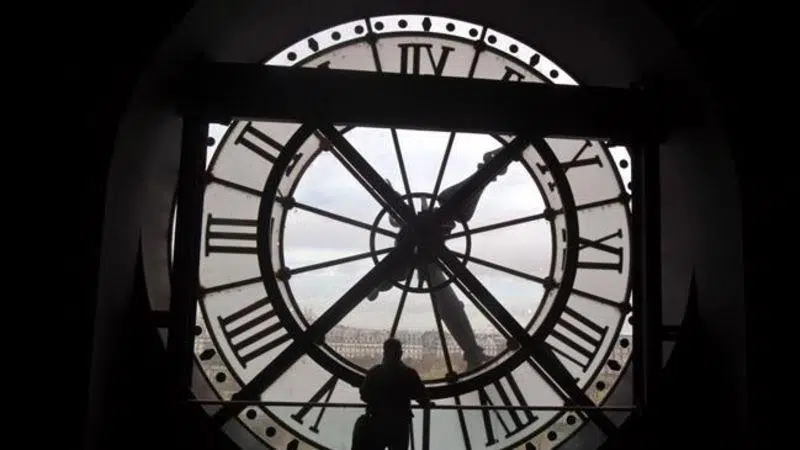
CHARBONNEAU: One time — Standard Time
B.C. PREMIER JOHN HORGAN has a good idea in getting rid of the semi-annual upset of our biological rhythms by switching clocks back and forth. Horgan has a bad idea in proposing that we should be on Daylight Saving Time (DST) year-around.
Standard Time is closer to our biological clocks. The argument in favour of permanent DST is that it’s lighter in the evening. Sure, that may be true in the summer when there are plenty of hours in the day. But in winter, it means one less hour of sunshine in the morning.
I hate getting up in the dark to go for my morning walk and to deliver my newspapers. But there’s more to it than convenience. On Standard Time, my body is more aligned with nature.
Standard Time is closer to body time. That’s when the sun is highest in the sky. Time zones are wide, which means there is only one place on the map where the clock aligns with solar time.


